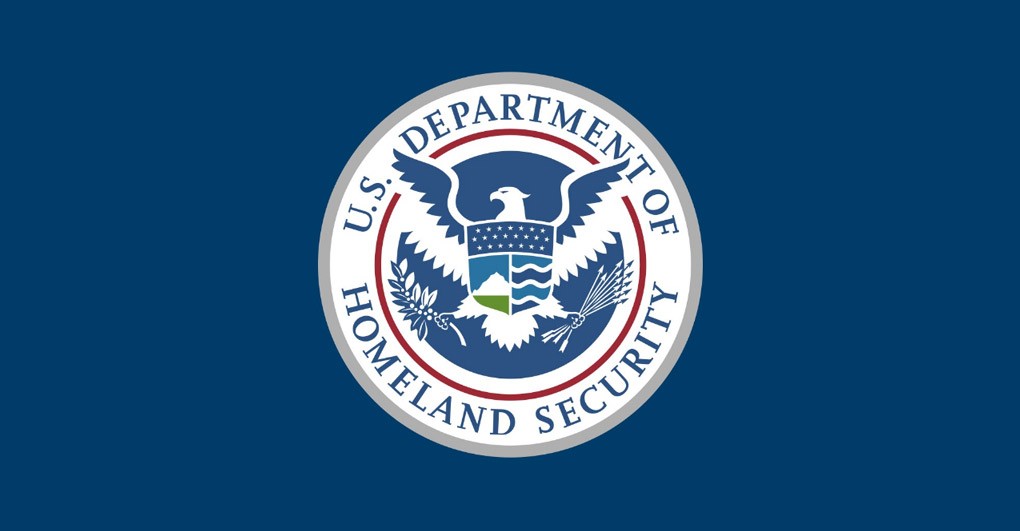On January 8, 2021, new rules will be published by the U.S. Department of Homeland Security (DHS) impacting the H-1B visa lottery to be held in March 2021. The “midnight” regulation is scheduled to take effect on March 9, 2021. While this could impact future cap seasons, WR believes that the rule is unlikely to take effect for the upcoming FY 2022 H-1B cap season. President-Elect Biden’s transition team has unofficially confirmed its intention to place all last-minute regulations on hold for 60 days. Also, WR expects numerous legal challenges. WR is advising employers to proceed as usual at this time and get ready for a regular cap season.
The rule amends regulations governing the process by which U.S. Citizenship and Immigration Services selects H-1B registrations for filing of H-1B cap-subject petitions. Under this rule, USCIS would first select registrations (or petitions, if the registration process is suspended) generally based on the highest Occupational Employment Statistics prevailing wage level that the offered wage equals or exceeds for the relevant Standard Occupational Classification code and area(s) of intended employment. If implemented, the rule would greatly favor higher paid occupations.
We will keep you abreast of any changes that affect your cases and will strategize the best course of action in light of these changes.
Source:


